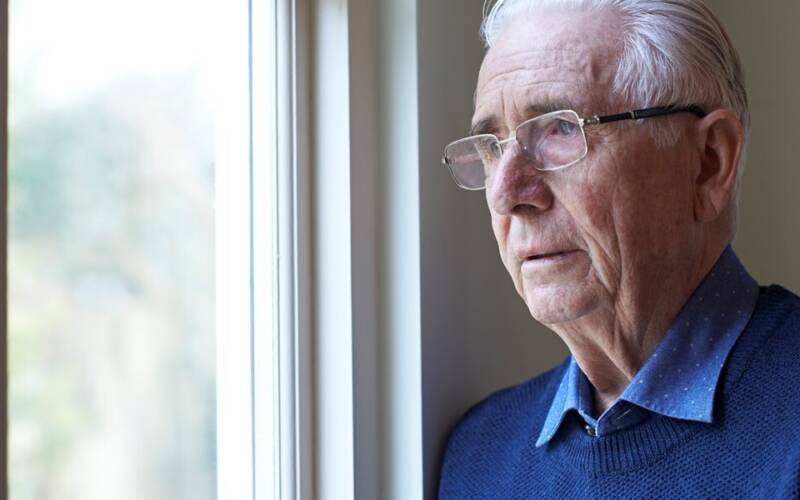Over 100 older people, health and social care organisations, care providers, trade unions, MLAs and government officials participated in a domiciliary care summit on 2 September in Belfast held by the Commissioner for Older People for Northern Ireland, Claire Keatinge. The summit examined what is required for Northern Ireland to ensure excellence in domiciliary care and for older people to have certainty now and in the future.
The Commissioner brought together older people and those whose responsibility it is to plan, develop, design and implement domiciliary care. The challenge was to look at what change is required to ensure Northern Ireland provides a world class domiciliary care service. Good practice in various jurisdictions and the key challenges for Northern Ireland were examined. The summit identified what must be done to make sure that domiciliary care in Northern Ireland is the best that it can be for older people.
Speaking about the summit, Claire Keatinge said;
"Northern Ireland is an ageing population meaning more older people with increasingly complex needs including dementia will require domiciliary care support to enable them to maintain their independence and stay within their own home for as long as possible.
"From listening to older people I know that they greatly appreciate when they do receive good quality care and support at home. However, there is increasing evidence of times when domiciliary care is insufficient to meet the care needs of older people or is inadequate in quality. The level of need that an older person must have before domiciliary care is provided is increasing, reducing the opportunity for early intervention. Time slots allocated for the provision of care are being also reduced. This is very distressing for older people who need domiciliary care and is frightening for those who may need it in the future.
"With demand increasing at a quicker rate than the budget reflects, the purchasers and providers of this service are becoming more and more unclear of what domiciliary care will look like in the future. The time to act is now and I have held this summit to bring the issues around domiciliary care to a head; to look at what we are getting right and to change what doesn't work.
"Good quality domiciliary care is vital; without it many older people would inevitably find themselves unable to remain in their own homes. I am challenging government to plan and resource excellence in a domiciliary care service that meets all of the assessed needs of today's and tomorrow's older people. Care workers providing this vital care must be properly valued, trained and paid. Older people deserve to have confidence now and in the future that high quality support is available to them whenever they need it and that their needs will be at the heart of decision making.



